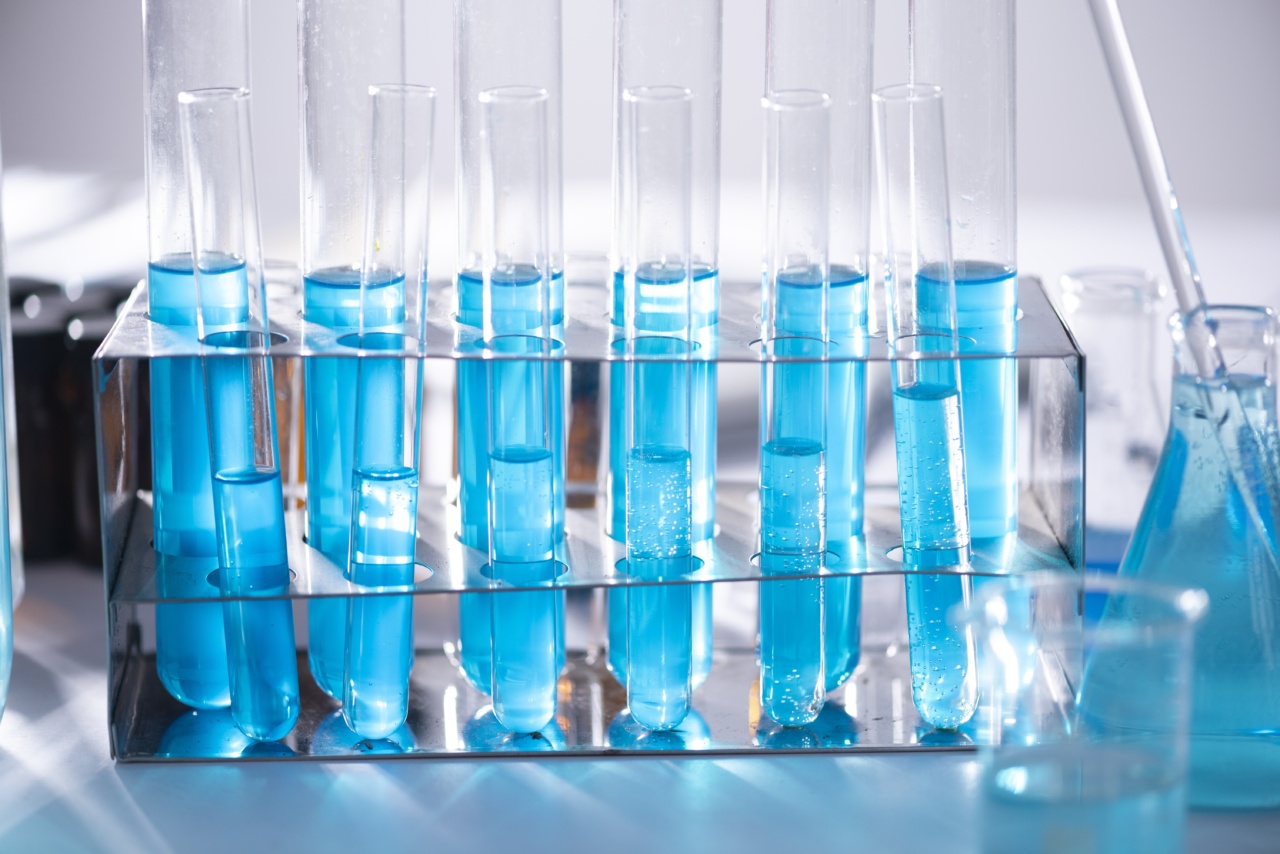Cancer remains one of the leading causes of death worldwide, with millions of lives being lost every year. Despite significant advancements in medical research, detecting and treating cancer in its early stages continues to be a challenge.
However, recent studies have shown that micro-dosing, a technique borrowed from the realm of psychedelic substances, may hold promise in revolutionizing cancer treatment. This article explores the science behind micro-dosing and its potential for maximizing the impact of cancer therapies.
Understanding Micro-Dosing
Micro-dosing involves consuming tiny, sub-therapeutic doses of a substance to achieve subtle physiological effects without triggering the full psychoactive experience associated with it.
This technique involves taking just 1/10th to 1/20th of the active dose, aiming to leverage the long-term benefits of the substance.
The Origins of Micro-Dosing
Micro-dosing gained significant attention in recent years due to its association with psychedelic substances like LSD (lysergic acid diethylamide) and psilocybin, the active ingredient in magic mushrooms.
Originally, micro-dosing was popular for its cognitive-enhancing effects and potential therapeutic benefits for mental health disorders such as depression and anxiety.
Micro-Dosing and Cancer Treatment
While the application of micro-dosing for cancer treatment is relatively new, preliminary research suggests its potential to enhance the efficacy of existing therapies and reduce side effects.
Scientists theorize that micro-dosing might improve overall treatment outcomes by modifying cellular responses and sensitizing cancer cells to conventional drugs.
Cellular Adaptation and Sensitization
Cancer cells can adapt and develop resistance to chemotherapy, rendering treatment less effective. Micro-dosing potentially disrupts this adaptive mechanism by creating an environment where cancer cells remain susceptible to treatment for much longer.
By limiting exposure to high doses of chemotherapy drugs, micro-dosing might prevent cancer cells from activating defense mechanisms, ultimately leading to more successful treatment outcomes.
Potential Mechanisms of Action
Micro-dosing might impact cancer cells through various mechanisms, some of which are still being explored. One potential mechanism includes the activation of certain cellular pathways involved in cell death and suppression of tumor growth.
Stimulating the Immune System
Micro-dosing has shown promise in stimulating the immune system, which plays a crucial role in identifying and eliminating cancer cells.
By activating the immune response, micro-dosing could potentially enhance the body’s ability to recognize and attack cancer cells, augmenting the effectiveness of immunotherapy.
Reducing Treatment Side Effects
Chemotherapy often causes severe side effects, such as nausea, fatigue, and hair loss. These adverse reactions can significantly impact a patient’s quality of life.
However, micro-dosing may help mitigate these side effects by minimizing the exposure to high doses of chemotherapy drugs, making treatment more tolerable for patients.
Combining Micro-Dosing with Traditional Therapies
The use of micro-dosing as an adjunct therapy, alongside conventional cancer treatments like chemotherapy or radiation, holds immense potential.
By amplifying the effects of standard treatments, micro-dosing could potentially improve response rates and increase overall survival rates among cancer patients.
Future Directions and Challenges
While the concept of micro-dosing for cancer is intriguing, various challenges need to be addressed before it can become a mainstream therapeutic approach.
Firstly, rigorous scientific studies involving large sample sizes and controlled trials are necessary to determine the safety and efficacy of micro-dosing. Additionally, identifying ideal substances and establishing appropriate dosing protocols for specific cancer types are fundamental steps towards harnessing the full potential of micro-dosing.
Conclusion
The science of micro-dosing for cancer treatment is still in its infancy, but early evidence suggests that it holds tremendous promise in revolutionizing cancer therapies.
By exploiting the subtle physiological effects of minuscule doses, micro-dosing may enhance treatment outcomes, reduce side effects, and potentially improve the overall quality of life for cancer patients. Further research and clinical trials are needed to unlock the full potential of micro-dosing in the fight against cancer.
























